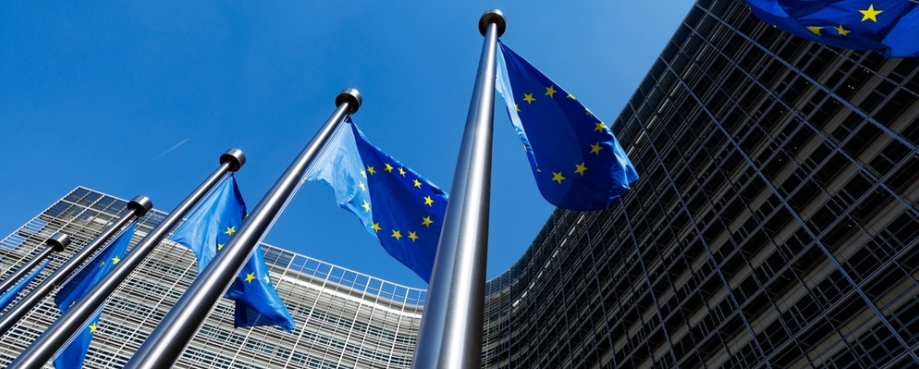
ETI welcomes the adoption of the EU Forced Labor Regulation (EUFLR) by The Council, which marks the last step in the decision-making process. The EUFLR prohibits the circulation of products made with forced labour within the EU market.
Investigating and addressing forced labour in the supply chain
The EUFLR establishes a framework to address forced labour in products within the EU. Investigations can be initiated by the EU Commission or EU member states based on risk assessments drawn from various sources. These include a database identifying high-risk areas, and submissions from civil society. The latter puts ETI in a unique position to support the eradication of forced labour in global supply chains. Through its tripartite membership of companies, trade unions, and NGOs, ETI will contribute valuable insights and expertise, strengthening the EUFLR's mission to ensure the voices of workers are represented in the elimination of forced labour worldwide.
What’s next
The EUFLR will be published in the Official Journal of the European Union, and it will apply 3 years after the date of entry into force, which begins the day after publication. In the meantime, the Commission will create a database of forced labour risk areas or products to support the work of competent authorities in assessing possible violations of this regulation.
